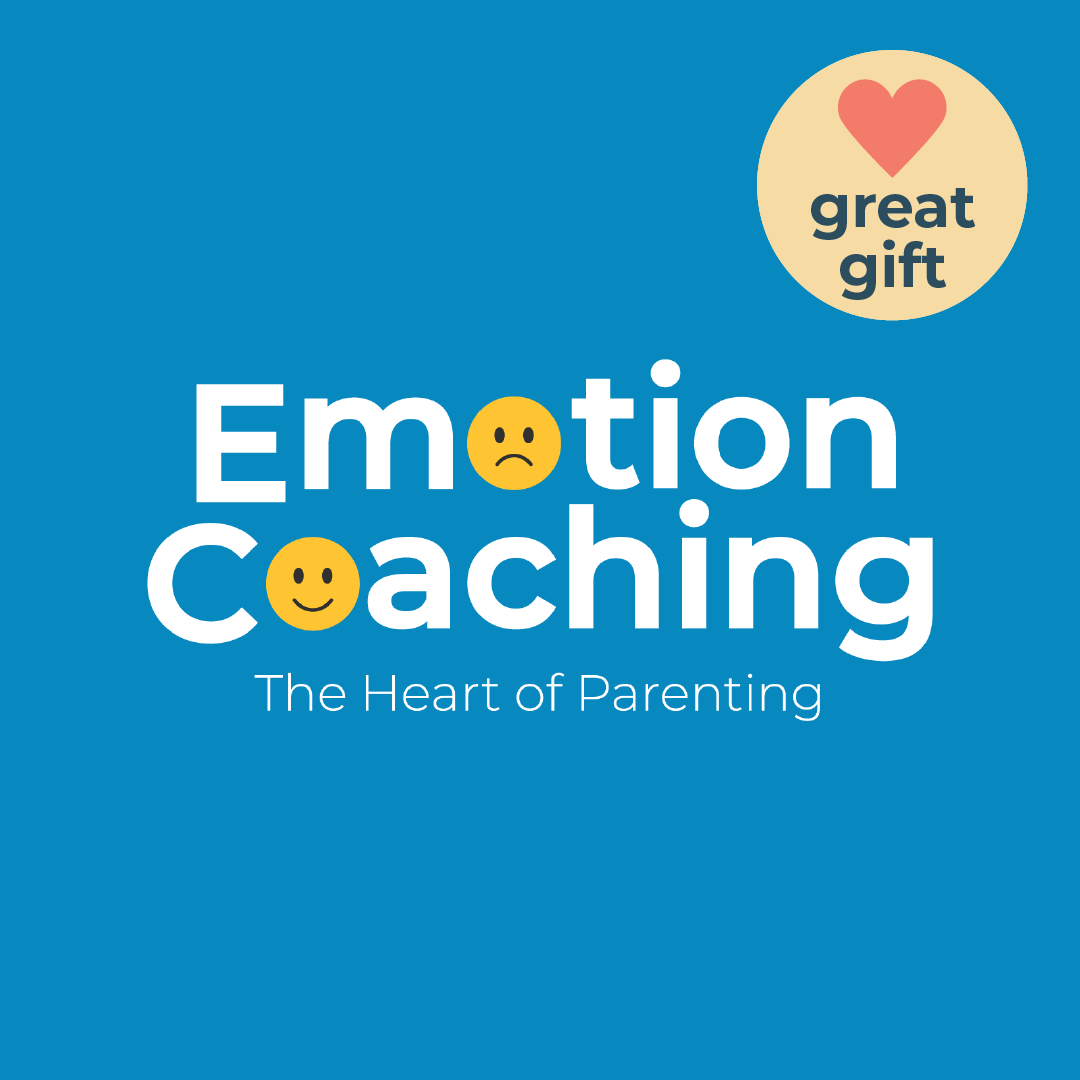Cultural and religious differences can add an extra layer of complexity to this parenting challenge. You can navigate this complexity with effective communication skills and empathy. Adding an attitude of compromise, together with skills in compromise, you can create a harmonious parenting journey.
Here are 5 questions to think about when you meet cross-cultural parenting challenges:
1- How do the cultural and religious differences play out in your relationship?
Imagine one parent comes from a culture where extended family involvement is the norm, while the other values more independence. Understanding these differences is the first step. This dynamic might play out in everyday situations, like deciding on the level of involvement grandparents should have in childcare or deciding on the role of religion in your family.
2- How do your cultural norms conflict with your parenting values?
You may face a dilemma where your cultural norms clash with your shared parenting values. It’s crucial to recognize the area of disagreement and potential conflict early on.
Cultural norms are often deeply ingrained, and you may not immediately question the values or beliefs underlying them. A clash presents an opportunity for you to delve into and understand the hidden areas of disagreement so you can address it constructively.
The Gottman Method of therapy offers an exercise designed to assist couples in revealing the hidden dreams within their conflict. By understanding these underlying dreams, you can approach the issue constructively and work towards a resolution.
Seek Harmony Through Empathy Exercise:
- Put yourself in your partner’s shoes. If your partner values communal support due to their cultural background, empathizing with their perspective fosters understanding and builds connection.
- Recognize that there are not necessarily right and wrong perspectives but rather two valid truths.
- Acknowledge that your partner’s viewpoint is their reality, shaped by their cultural background and personal experiences.
3- Where is the Intersection of Culture and Parenting Styles?
Your partner might have grown up in a culture where discipline is more authoritarian, while you lean towards a nurturing approach. Finding common ground where your parenting styles intersect is key. For instance, explore how you can blend these approaches to create a strategy that is age appropriate for your child. It must feel supportive yet set clear boundaries for your child.
Compromise is key. Embrace compromise as a dynamic process of integration of culture and beliefs. It’s not about sacrificing one culture for another but finding a blend that honors both backgrounds.
Compromise doesn’t mean giving up your perspective or values either. Instead, it involves finding a middle ground that respects both cultural beliefs and perspectives.
Imagine a scenario where you want your child to participate in traditional cultural events, but your partner is concerned about the child feeling overwhelmed. Through the Art of Compromise, you might decide to attend the events but introduce them gradually, ensuring your child’s comfort.
Rooted in the principles of Gottman Therapy, crafting a compromise becomes a cornerstone for couples seeking harmony. Couples work together to weave elements of each partner’s culture into a parenting approach that reflects shared values. The key is finding common ground that respects cultural heritage while staying true to cherished core values.
4- Do You Need Consistent Parenting Guidelines?
Yes. Now that you have compromised, sit down together and create a set of parenting guidelines that blend both your cultural influences. Consistency is reassuring for both parents and children. Commit to your common goals for parenting, focusing on consistency as a key element. By agreeing on what you have in common and your shared goals, you have created your own relationship culture compass which can serve you in navigating the path forward with parenting. The compass honors the richness of each person’s cultural background. Use your relationship culture compass often to ward off conflict.
5- Is it Time to Seek External Support?
Sometimes, it helps to seek external support. Consider engaging in the Gottman Art of Compromise exercise with a trained therapist. This exercise helps couples navigate their differences and find solutions that honor both perspectives.
Remember, you’re a team, and navigating these cultural and values differences together strengthens your bond. Your children can benefit from the richness of both your backgrounds, creating a diverse and inclusive environment.
In essence, by embracing empathy, establishing consistent guidelines, and crafting compromises inspired by the Gottman method, you’re not just navigating culture and values in parenting — you’re creating a unique tapestry that weaves together the best of both worlds.
Your journey might have its twists and turns, but with love, understanding, and the Gottman approach, you’re well-equipped to face it all and raise thriving, culturally enriched children.








